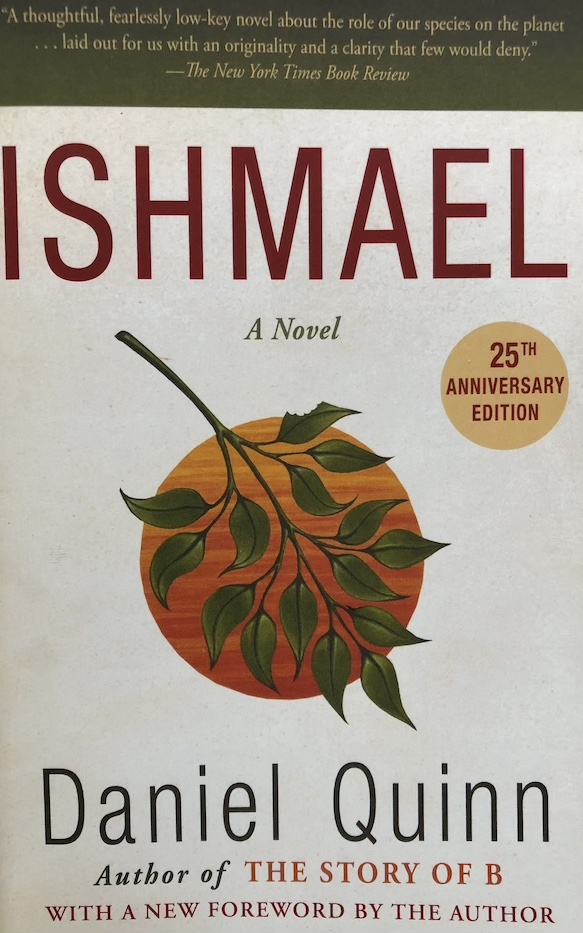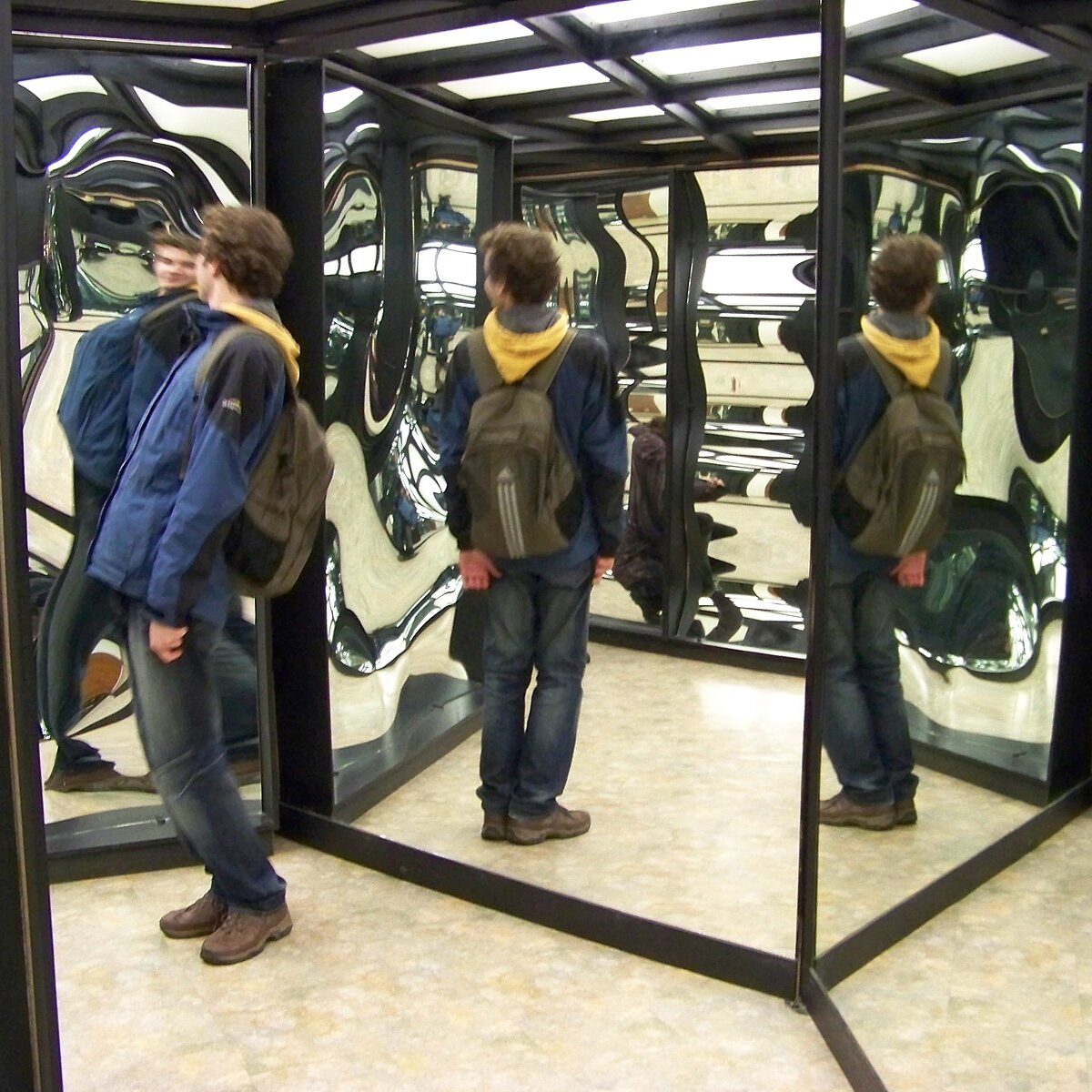Have I mentioned how important I think Daniel Quinn’s Ishmael is? I reread it recently for the first time in a while, and was again impressed with how many important modernity-challenging ideas are packed into one novel.
I would dearly love everyone to read it. It’s not that I hold it to be flawless—to be treated as a divinely-inspired religious text. But it’s hard to think of a more powerful place to start for seeding incredibly important conversations and shifting awareness. It often transforms its readers, whether teenagers or retirees.
Options for reading the book include library access (also an audio version recently out), purchase (I recommend bookshop.org, where proceeds go to an independent book shop of your choice), or a few sites (1, 2, 3) that somehow make the text available. Being trapped behind a commercial “paywall” seems counter to the entire message of the book, which explicitly encourages sharing the message broadly.
I also suggest that you visit the site ishmael.org for more related content and FAQ answers from Daniel Quinn (who died in 2018). A recent podcast series called Human Nature Odyssey, by Alex Leff, does a fantastic job of presenting key ideas from the book.
As a poor substitute for the entire book, what I’ll do is create a series here on Do the Math that offers a relatively comprehensive version of the themes in the book. It won’t be as masterfully crafted as the actual book—but perhaps will be good enough to generate similar patterns of thought, and inspire greater readership of the original work.
Continue reading →Views: 8977










